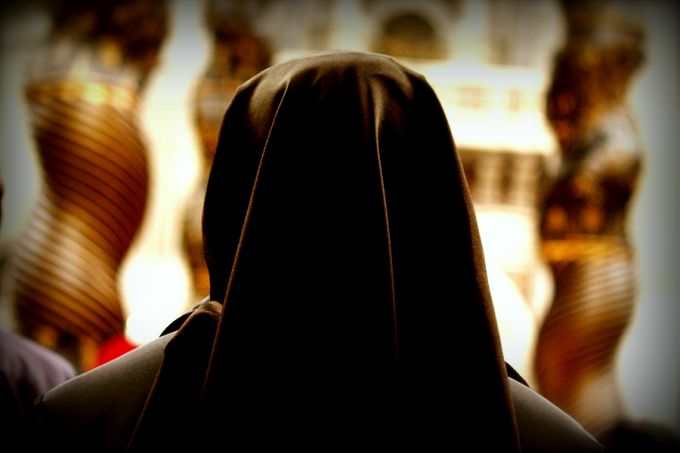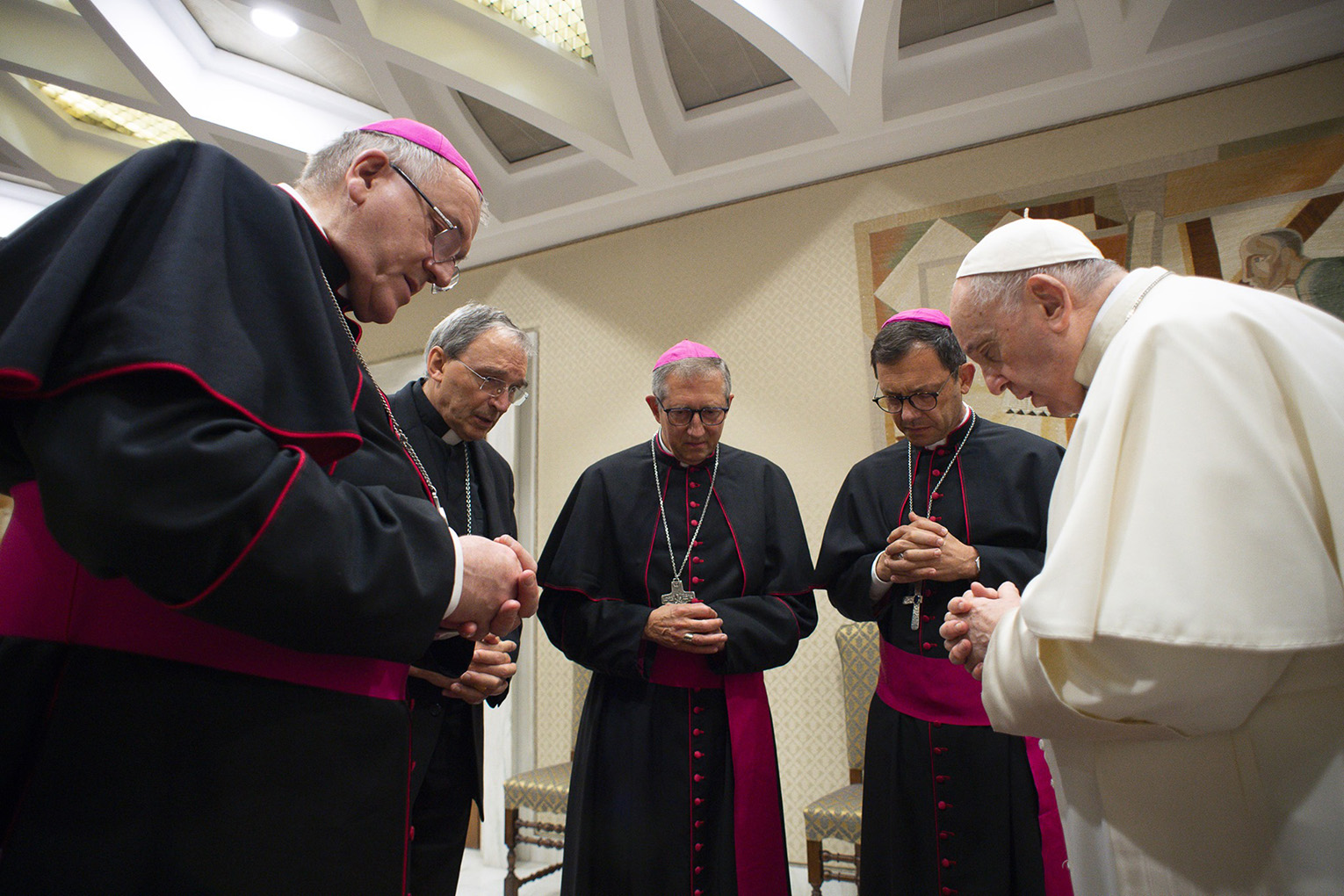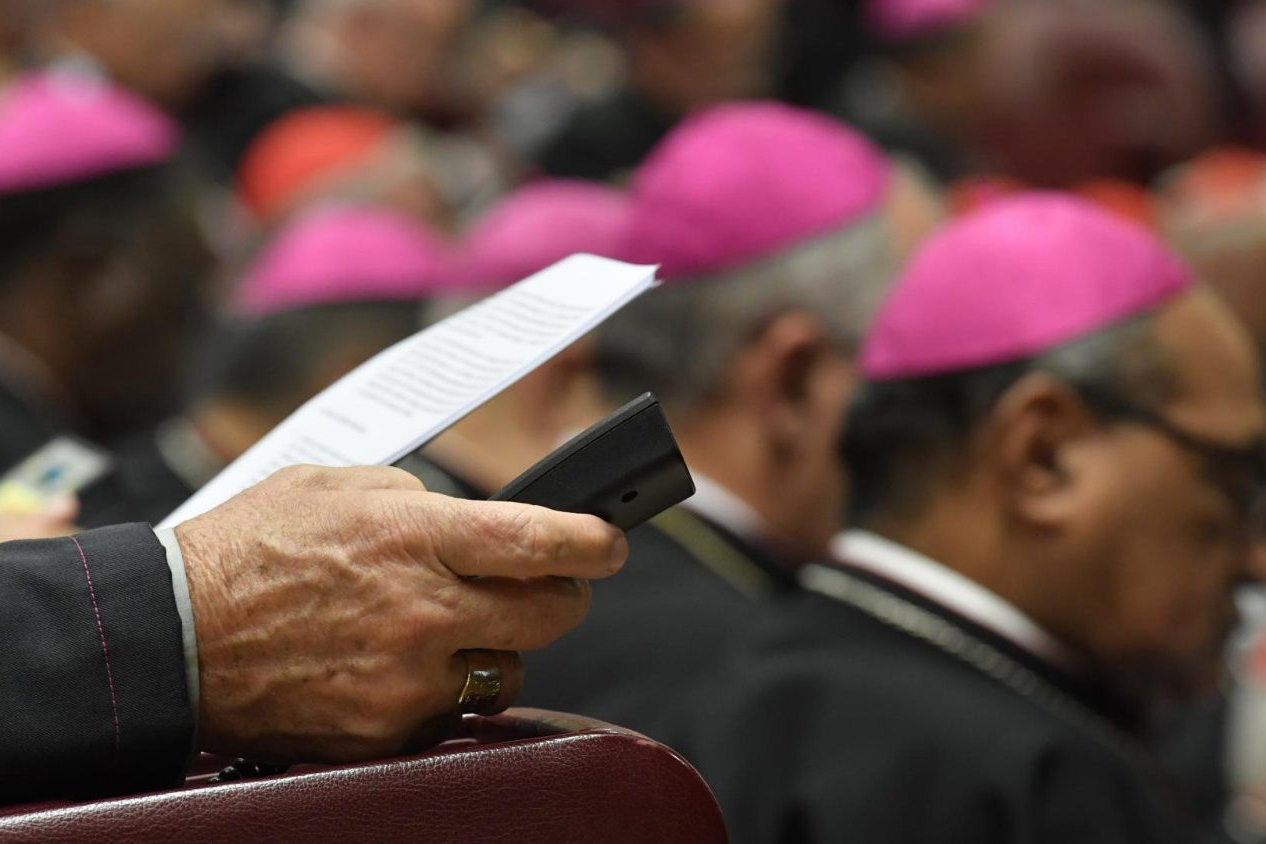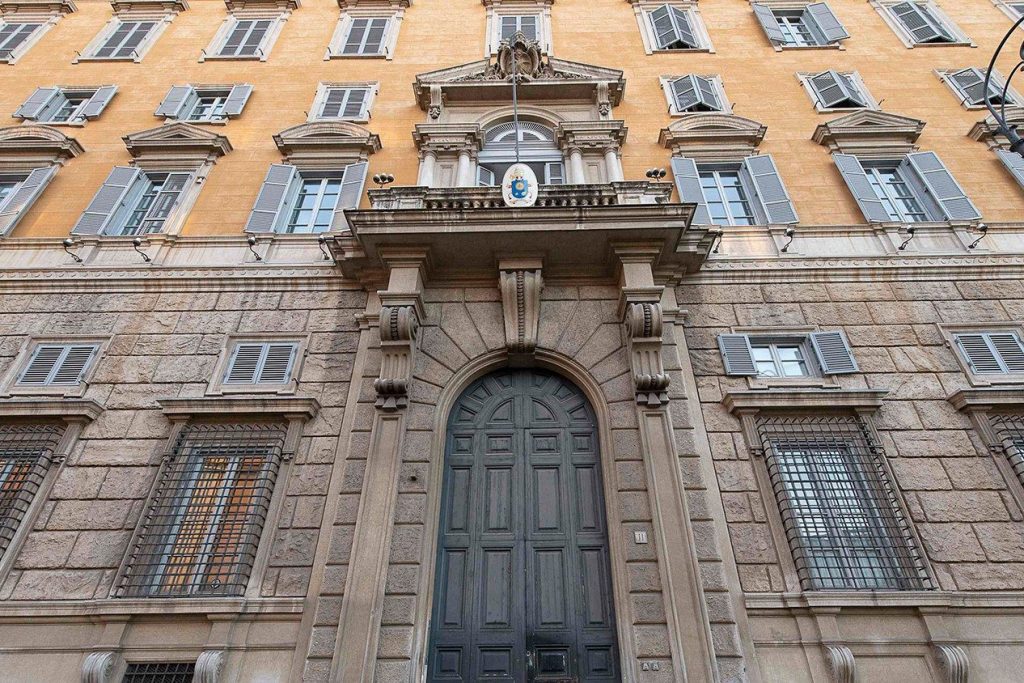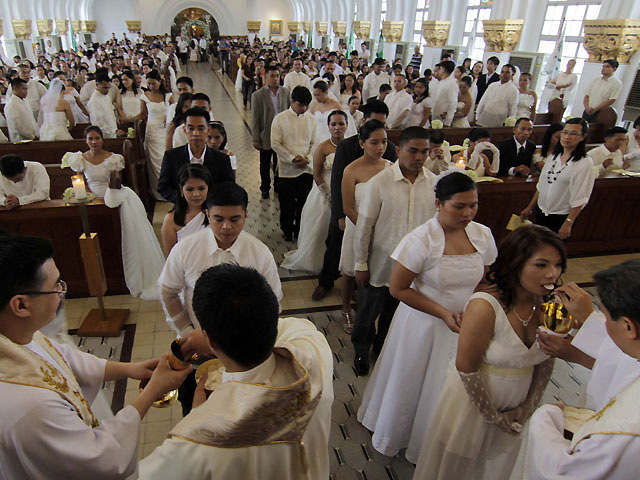
Photo taken from: Danny Pata, GMA News Online
by John Bosio, author of three books on marriage, including the recent Why Get Married in the Church, the Lifelong Blessing of a Catholic Wedding (Twenty-Third Publications). He and his wife Teri developed two popular marriage enrichment programs: SIX DATES for Catholic Couples and The Beatitudes, a Couple’s Path to Greater Joy (www.happy-together.net).
If you are beginning to dream about getting married you may also be thinking about where to hold your wedding ceremony. Every couple wants their wedding to be a memorable event and wants the ceremony to have a special meaning. The wedding day is one of the most important days in a couple’s life. You probably have friends who have found very creative ways to celebrate this day. Some may have selected natural settings such as beaches or mountains, or intimate settings such a parent’s or a friend’s home.
If you and/or your fiance(e) is Catholic, you are expected to marry in a Catholic church unless you have received permission to marry elsewhere. But marrying in a church is much more than an obligation. It’s an opportunity to hold a celebration that is joyful and meaningful, one that can have a positive impact on the rest of your married life.
What can be more romantic than the centuries old tradition of walking down the aisle in a parish church full of family and friends? What is more reassuring for the couple than being surrounded by the people who love them and who will give them ongoing support? What is more meaningful than reciting wedding vows handed down by Christian tradition? What is more awe inspiring than a rite through which you enter a spiritual reality where God unites you as husband and wife and gives you an important mission?
In the Catholic tradition, husband and wife accept a role in God’s plan for humanity. They are to be ambassadors of God’s love. Through their love for each other they show God’s deep love for us, and they collaborate with God to keep humanity alive. The Catholic Church considers marriage a sacrament, a vehicle for God’s graces to the couple and to the community.
The Vow of Permanence
The focal point of any wedding ceremony is the exchange of vows. The vows are not simply a ritual that defines the relationship of two people in love. They are much more. They are a sacred pact through which the spouses embrace each other and, together, embrace Christ as their partner. The pledge they make is unbreakable because through their union with Christ they participate in the unbreakable pact between God and humanity: the covenant that was sealed in the death and resurrection of Jesus.
A permanent commitment is an inherent attribute of the marital relationship. All couples who marry want their marriage to last a lifetime. Researchers tell us that the presence of an irrevocable commitment contributes to the happiness of the spouses. Linda Waite and Maggie Gallagher, the authors of The Case for Marriage, write: “Having a partner who is committed for better or for worse, in sickness and in health, makes people happier and healthier.”
But married life is difficult and today many couples find it hard to keep their promises. Many young people have grown up experiencing the pain of divorce. While wanting to marry, they find it hard to believe that marriages can last a lifetime. They are afraid to commit. One of the benefits of a sacramental marriage in the Catholic Church is the power of God’s grace, which helps spouses keep their commitment and find happiness together. Social scientists are finding that couples who recognize God’s presence in their relationship are most satisfied in their marriages and are least likely to put their children, families and friends through the pain of a divorce.
Experiencing God’s Grace
Couples of faith are more successful and satisfied in marriage not because they have fewer problems than anyone else. What helps these couples grow and overcome obstacles is the help they find in God’s grace. Recently we asked some couples: “How do you experience God’s grace in your marriage?”
A wife married 28 years said: “We experience God’s grace in our marriage through the seasons of our life. He was present when we were newlyweds, when we had young children, and he is present now that we are empty nesters. He gives us strength in the tough times and celebrates with us the good times.”
A husband married 43 years said, “I experience God’s grace in the love and support I receive from my wife. Her care and patience are gifts I do not deserve. They are grace.”
Another husband married 15 years said, “I feel God’s grace when life gets out of control — loss of a job. I know I can turn to God and find the courage I need to carry on.”
A wife married 20 years said, “There are times when we are having an argument and we go to church still upset with each other. We hear a reading that speaks right to us. We look at each other and smirk because we know that God has touched our stubbornness. This is grace.”
God’s grace is all around because the spouses do not travel their journey alone. Blessed Pope John Paul II said: “Jesus does not stand by and leave you alone to face the challenge. He is always with you to transform your weakness into strength. Trust him when he says: ‘My grace is enough for you, for my power is made perfect in weakness.’ (2 Cor. 12:9)”
Marriage in the Catholic Church is attractive not only because of its meaningful rituals and traditions, but because of its impact on your life and happiness. Couples can fully appreciate its value they look at married life through the eyes of faith. Then you will see your wedding not as a one-day event but as the door to a great adventure that will last the rest of your life, a journey that involves not just you and your spouse but one that includes God, your children, your community and all of society. Marriage is not an isolated relationship. The family based on marriage is the fundamental cell of human society. The Catholic Church invites you to give meaning to your life by embracing the vocation of marriage and forming a family that is dedicated to cultivating and sharing God’s love.
When you are ready to make your commitment, speak to your pastor and ask for his guidance on preparing for such a noble vocation.
Post Credit: For Your Marriage


